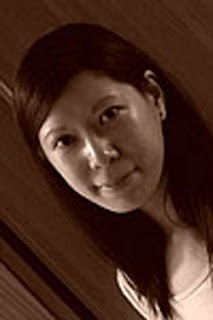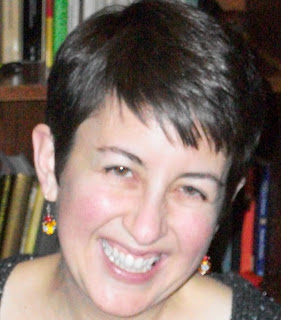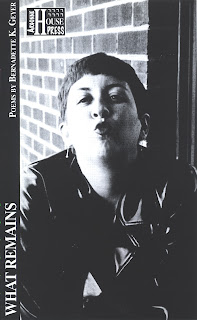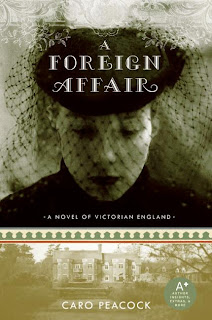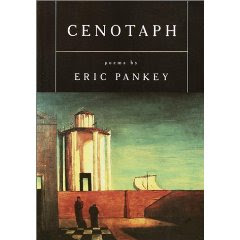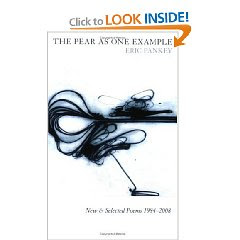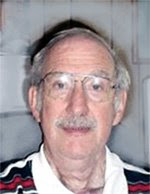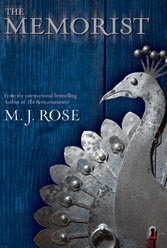
Without further ado, here’s Arlene:
7. While reading your chapbook “Secret Love Poems,” I noticed that there are five “numbered” Secret Love Poems (13th, 15th, 19th, 22nd, and 24th Secret Love Poems). Were there other numbered secret love poems that did not make the chapbook? If so, why were they not included?
The original plan was to have 69 for a book. I got as far as 35 before running out of gas. When I submitted the manuscript to Rubicon Press, the contents page looked so redundant with 1st Secret Love Poem, 2nd Secret Love Poem, etc that I decided to change most of the titles. Quite a bit of secret love poems are floating out there that weren’t included in the chapbook, mostly because they weren’t in context with the rest or were still awaiting first publication in a magazine at the time. Also, towards the end, I got a bit creative with the concept and wrote quite a lot of duds.
 8. The poems included in “Secret Love Poems” obviously were chosen for their central theme. Were the poems written at the same time (Much like your self-proclaimed obsessions with words or ideas) or over a period of time in spurts?
8. The poems included in “Secret Love Poems” obviously were chosen for their central theme. Were the poems written at the same time (Much like your self-proclaimed obsessions with words or ideas) or over a period of time in spurts?
Oh god, yes. I was obsessed with it — inspired by Apollinaire‘s secret poems (check out The 9th Secret Poem) — for a couple of months. I wrote all 35 in less than 60 days, I think.
9. Most writers will read inspirational/how-to manuals, take workshops, or belong to writing groups. Did you subscribe to any of these aids and if so which did you find most helpful? Please feel free to name any “writing” books you enjoyed most (i.e. Bird by Bird by Anne Lamott).
For many years, I was a member of the Internet Writing Workshop’s Poetry-W, a critique group that functions via e-mail. Because participation was a requirement, I was forced to write a poem at least once a week. Then I discovered SaucyVox — an online writers’ community, now defunct — which had this challenge to write 30 poems for 30 days together with other people. It was such a fun and inspiring experience that when the site closed down, the members just moved on. Right now, the 30:30 challenge is being hosted by Rachel Mallino at In The Writer’s Studio. As much as I hate to admit it, the cure for writer’s block is writing. Bookwise, my favorite is still John Drury’s Creating Poetry.
No music, no tv. I get easily distracted. One routine I learned is to start writing as soon as I wake up. Once I start thinking of other things, I’m a goner. When inspired, I usually write in bed with pen and paper. When desperate, and the 30:30 clock is ticking, I type directly on the computer. I also read something like 30-50 poems a day — between books and online journals — before writing. It works as a kind of sun salutation for me.
Valerie Fox and I might have another poetry book in the making. We’re trying to move towards real collaborative writing as opposed to writing poems based on each other’s poems. It’s rather unexpected since we just had our Bundles (of joy) last year, but we find that once we start writing in 30:30 together, we just go into collaborative writing mode. Another project would be to start updating/revising my full-length manuscript, “Seeing Birds in Church is a Kind of Adieu” for Cinnamon Press. It’s scheduled to go into print early 2010.
I want to thank Arlene for spending time with us here at Savvy Verse & Wit, and for taking time out of her busy schedule to answer my unusual questions.
***Giveaway Details:***
Originally, I had decided to pay for one or two winner to receive a copy of Secret Love Poems.
However, Arlene has generously offered to giveaway THREE copies of her chapbook, Secret Love Poems, to three lucky winners.
The giveaway is INTERNATIONAL, since she is in Italy herself, and she will be mailing out the copies. She’s such a doll, and she likes to mail things.
Deadline is FEB. 26, Midnight EST.
1. Leave a comment, ask a question, just don’t use the trite: “Please enter me” or “pick me” comments.
2. If you blog about the contest, refer someone to the contest and they drop your name, or whatever, leave me a link or comment about it and you will get another entry.
***This Just In, there are now FIVE copies of Secret Love Poems available for the giveaway, courtesy of Arlene*** Enter away!
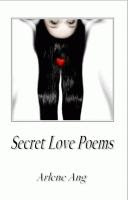 Arlene Ang’s
Arlene Ang’s 